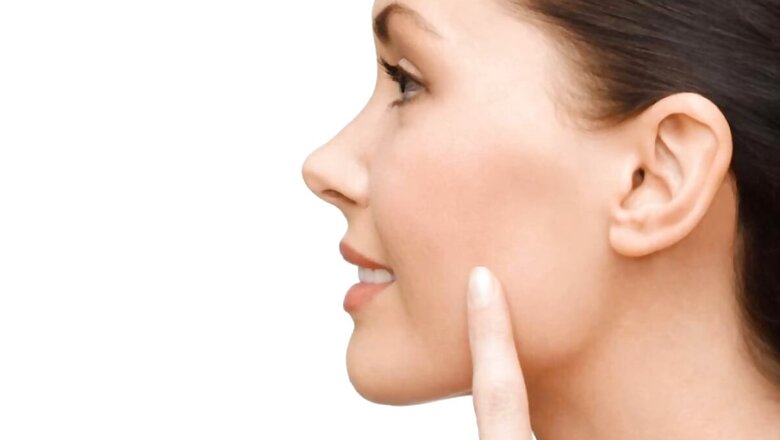
views
Pigmentation is a common issue seen in any gender and every age group. For tackling pigmentation, it is important to understand the underlying cause behind the problem. There are multiple causes of pigmentation, the most common one being hormonal imbalance. The pigmentation that is caused due to hormonal imbalance is melasma. The pigmentation could also be caused by exposure to the sun without using sunblock, tanning and sunburns. Constant exposure without using the sunblock properly is also a main cause of pigmentation. It is suggested to apply sunscreen twenty minutes before you step out and it is mandatory to apply the sunblock after every two to three hours.
There are many other reasons that cause pigmentation, post-inflammatory hyperpigmentation that usually comes after any skin damage which could be caused by some kind of trauma, acne, after a skin allergy. At times it’s caused by other reasons that lead to inflammation in the skin and post-inflammatory, there might be some pigmentation that develops on the face.
Other reasons could be using a product which doesn’t suit your skin, allergies to hair dye, deodorants, shampoos, etc that we use on the face or body can trigger a round of pigmentation on the face as well. Systemic causes which could be because of some medication taken or any other systemic disease you might have can cause pigmentation as a side effect.
Treating the root cause would be the first step. Secondly, to avoid any further damage it would be mandatory to use a sunblock evenly and protecting the skin from the sun. For Indian skin, anything above 25 SPF would suffice. If you’re out in the sun for more than two to three hours, it’s mandatory you reapply sunblock. Moving ahead, the next step would be to use depigmentation cream to help with the pigmentation. Generally, the most available ones use ingredients like kojic acid, arbutin and glycolic acid. These ingredients help in lightening the skin and the pigmentation.
If the pigmentation still doesn’t get better, it would be advised to consult a dermatologist who would probably recommend multiple sessions of peels which help in reducing the pigmentation. The peels can be determined based on the skin type and underlying factor after examining your skin. Q Switch laser which is becoming popular in India is also known to help to lighten the pigmentation on your face.
One home remedy that is used to remove tan a bit would be mixing besan with lemon, turmeric and milk, and applying it as a pack. Although this could give an instant brightening effect, it is not long-lasting and it might or might not treat your exact skin concern. Most kinds of pigmentation are better to be treated after consulting a dermatologist as they can help you understand the underlying cause and provide you a treatment based especially on your skin type and concern.
— By Dr. Mikki Singh, celebrity Dermatologist, Cosmetologist, Trichologist in Bangalore, and Head of Centre of Excellence, Bodycraft Clinic Indiranagar, Bangalore
Read all the Latest News, Breaking News and Coronavirus News here
















Comments
0 comment